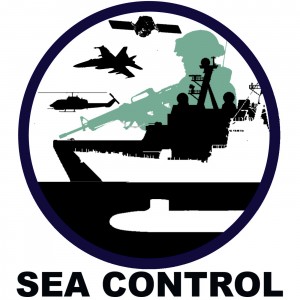 We’re looking for YOUR questions and input!
We’re looking for YOUR questions and input!
CAPT Moore (USN Ret), CEO of Small Unit Aviation LLC, is joining us for a regular installments on Sea Control based on his “Breakout Naval Leadership” talk at the Defense Entrepreneurs Forum. We’re calling it “More with CAPT Moore”.
His talks will first center around the foundations, content, and process of decision-making. Our first installment will be “The Training and Education of the 21st Century Naval Commander.”
The podcast will start with an opening definition on methods of internal control: operational and tactical.
It will be followed by a discussion on leadership traits of successful mission commanders. CAPT Moore initially suggested the examples of Nelson, the Battle of Jutland, LT Sims, and Gen Mattis but is open to more suggestions and questions from online
We will close out by considering integrity, trust, appreciation, and Leadership.
CAPT Daniel Moore, USN (Ret) spent 29 Years Active Duty as a naval aviator, including VFA squadron command. He has spent 7 years in the aerospace industry. He holds a BA in History from Northwestern University and is a former Professor of Naval Science.
CAPT Moore has kindly provided a list of readings that have informed his perspective on this topic. As we’re always looking for new reading at CIMSEC:
Naval Doctrine Publication 6 — Naval Command and Control
Andrew Gordon’s The Rules of the Game
John R. Boyd’s Organic Design for Command & Control
George Gilder’s Knowledge and Power
Send us your comments and ideas for this podcast! We’ll go through questions sent to [email protected] and those posted in the comment section below.

Always seemed to me one of the stumbling blocks has been determining when you have enough information to act. For some there is never enough, some act too soon. Preconceptions play into this. It is an OODA loop question and looking at it from the other side, knowing how you adversary thinks could determine method of deception.
chuckhill — “Orientation” is the most important part of the OODA loop, not simply speeding through the loop — a common and significant misapplication of the concept. If we’re orienting more accurately with the situation than the enemy, then we’re gaining significant advantages. Internally focused mediocre commanders often delay their decisions awaiting more information. This is particularly dangerous in high tempo environments with high levels of uncertainty. Paraphrasing George Patton, I believe, a mediocre plan violently executed today is better than a perfect plan tomorrow.